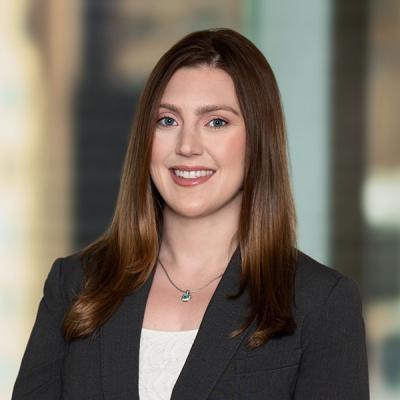OIG Issues Favorable Opinion on Federally Qualified Health Center’s Smartphone Loan Program
On April 27, 2022, the Office of Inspector General (OIG) for the Department of Health and Human Services issued Advisory Opinion No. 22-08 (AO 22-08), which addresses an existing arrangement of a federally qualified health center (FQHC) (hereafter, Requestor) that loans limited-use smartphones to enable existing patients’ access to Requestor’s telehealth platform (the Arrangement). The Arrangement’s purpose is described as increasing access to telehealth services and combating isolation by allowing patients to talk and text with others, including during the COVID-19 public health emergency (PHE).
The Arrangement
The Requestor is a FQHC that primarily serves low-income patients, including Federal health care program beneficiaries. In addition to in-person services, the Requestor offers telehealth services via a smartphone application. To provide existing patients without smartphones the opportunity to receive telehealth services, the Requestor loaned out approximately 3,000 limited-use smartphones capable of running the Requestor’s telehealth application on a first-come, first-serve basis. Patients can only use the smartphones to make and receive telephone calls, send and receive text messages, use the Requestor’s telehealth application, and view their medical records. The Requestor purchased these smartphones using funds from the Federal Communications Commission (FCC) COVID-19 Telehealth Program and a charitable organization in the Requestor’s community.
The Requestor considered existing patients to be those who the Requestor furnished at least one service to in the prior 24 month period. The Requestor made clear to the OIG that the Requestor would not be loaning these phones to new patients nor would the Requestor be purchasing more smartphones for this program. The existing patient is permitted to keep the smartphone if the Requestor has furnished at least one service to the patient in the prior 24 month period. Once the patient has finished receiving services, the Requestor asks the patient to return the phone.
Analysis
The OIG noted that the Arrangement would implicate both the federal Anti-Kickback Statute (AKS) and the Beneficiary Inducements Civil Monetary Penalties Law (CMPL), because the free smartphones and chargers could induce patients to receive items and services from Requestor that are reimbursable by a Federal health care program and are likely to influence patients to select Requestor as their provider.
The OIG determined that, during the PHE, the Arrangement would satisfy the Beneficiary Inducements CMPL’s Promotes Access to Care Exception, which applies to items or services that improve a beneficiary’s ability to obtain items and services payable by Medicare or Medicaid. The OIG concluded that the free smartphones would remove socioeconomic barriers to access telehealth services reimbursable by Medicare or Medicaid. Further, the Arrangement poses a low risk of harm, because the Arrangement is unlikely to interfere with clinical decision making, poses a low risk of overutilization or inappropriate utilization, and does not pose patient safety or quality-of-care concerns.
Of note, the OIG stated that this exception only applies to arrangements that improve a beneficiary’s ability to obtain items and services payable by Medicare or Medicaid, and that the OIG does not know whether the Requestor’s services delivered via telehealth will be covered by Medicare or Medicaid after the PHE, in which case the Arrangement would not satisfy the Promotes Access to Care Exception. Nevertheless, the OIG determined that, even if the Arrangement does not meet the exception after the end of the PHE, the OIG would not impose administrative sanctions under the Beneficiary Inducements CMPL.
While the Arrangement does not satisfy an AKS safe harbor, the OIG applied a similar analysis to determine that the Arrangement presents no more than a minimal risk of fraud and abuse under the AKS. In addition to the safeguards discussed above, the OIG noted that the Requestor obtained funding for the Arrangement from the FCC and a local charity – both entities with no financial interest in the patients receiving services from Requestor.
Conclusion
This is not the first time that OIG has issued a favorable opinion with regard to a smartphone loan program. In February 2019, Mintz blogged about Advisory Opinion No. 19-02 (AO 19-02), in which the OIG approved a proposed arrangement by a pharmaceutical manufacturer to loan limited-use smartphones to financially needy patients that were taking a digital version of an antipsychotic drug. In order to use the medication effectively, the patient required a smartphone that could run an application that received adherence data transmitted from the medication. A common factor in both Advisory Opinions is that the smartphones were “locked” and patients could not use the smartphones to browse the internet or download other applications.
Health care entities interested in implementing similar arrangements should keep in mind that, as with all Advisory Opinions, these Advisory Opinions are limited to their facts and binding only with respect to the requesting parties. Experienced counsel should be consulted for guidance.

OIG Advisory Opinion Allows Smartphone Loan for Needy Patients Taking Digital Drug
February 6, 2019| Blog



